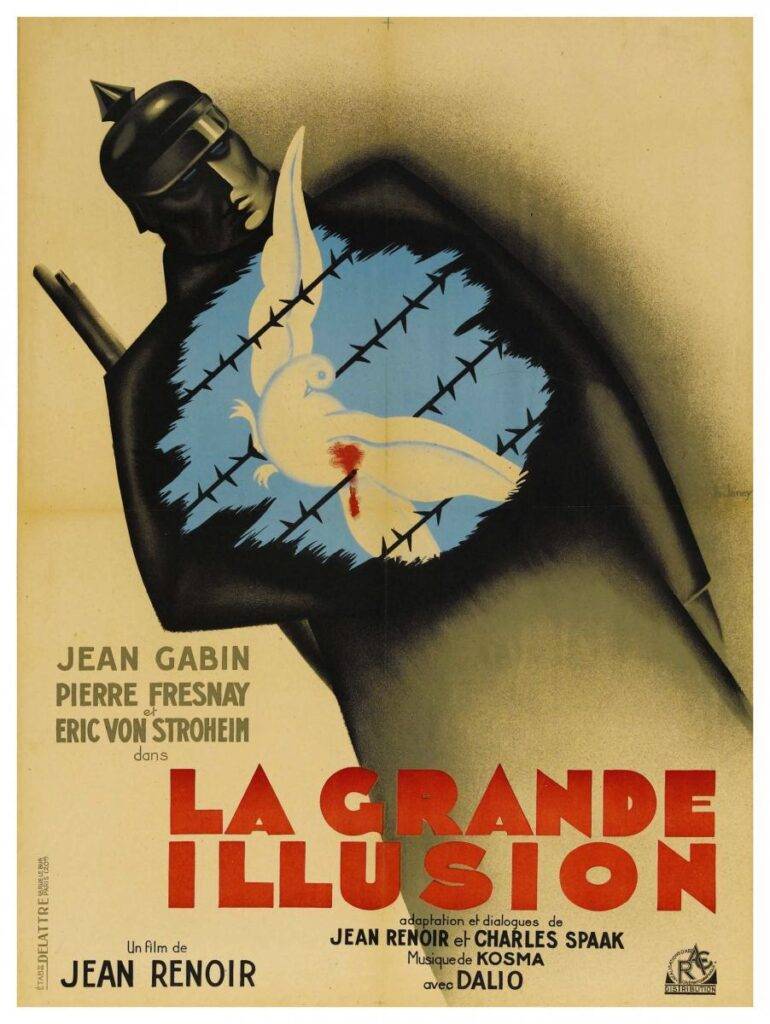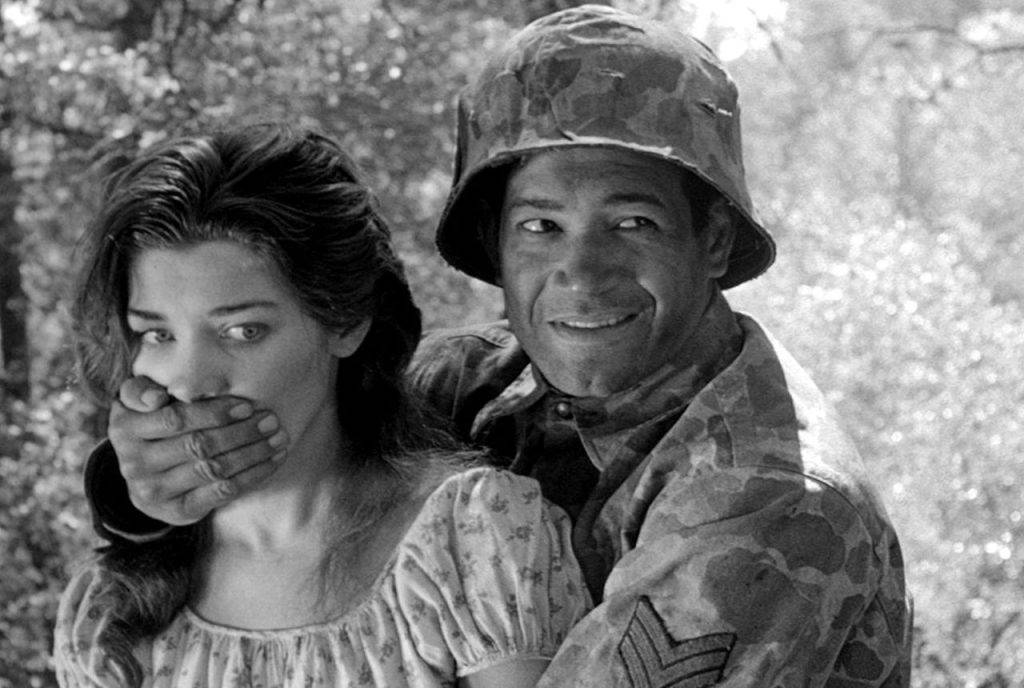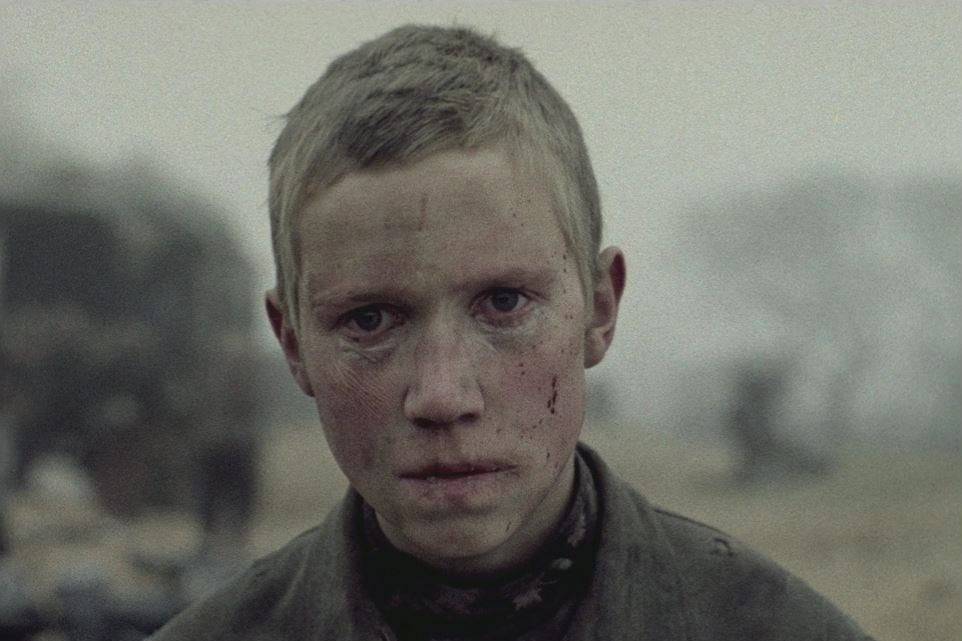
A Masterpiece of Class, War, and Futility. There’s a reason Jean Renoir’s La Grande Illusion still rattles nerves nearly 90 years on. It’s not just a classic. It’s a ruthless dissection of European warfare, class arrogance, and the idiocy of nationalism—delivered with the grace of high cinema and the punch of a bayonet to the ribs. War never looked so polite. Or so damning.
At its core, La Grande Illusion is not your standard war film. There are no bloodbaths or battlefield heroics. No muddy trenches or explosions choreographed for popcorn thrill. What Renoir gives us instead is a prison drama dressed up in officers’ uniforms—French and German, aristocrat and mechanic, all thrown into the same cellblock stew of World War I captivity. But don’t mistake it for a cosy camaraderie piece. This is a war film where the war is present precisely because it stays just offscreen, haunting every stare and silence.
Renoir’s direction is subtle but razor-sharp. The camerawork—fluid, tracking, always respectful of the characters—lets scenes breathe. No flash, no ego. And the acting? Sublime. Jean Gabin’s working-class Lieutenant Maréchal is all raw edge and honest grit, while Pierre Fresnay plays the gentlemanly de Boëldieu with tragic dignity. But it’s Erich von Stroheim as the German officer von Rauffenstein who steals it—half machine, half relic, corseted and monocled, clinging to an extinct world of military chivalry with white-gloved desperation.
La Grande Illusion is a brutal lesson in how wars aren’t just fought with bullets—they’re fought through institutions, social hierarchies, and delusions of grandeur. The real “grand illusion” is that war can somehow be honourable or clean. Renoir rips that lie apart. The aristocrats on both sides share more in common with each other than with their own men. They toast the same wines, speak the same languages, and mourn the death of the same fading empire of manners. The foot soldiers? Just pawns to be pitied, ignored, or sacrificed.

This is military cinema with brains, not bravado. No fetishising of weapons. No romanticising of uniforms. It’s about what happens after the shots are fired—about class betrayal, misplaced loyalties, and a Europe on the brink of tearing itself apart not just once, but again and again.
When Renoir made this film in 1937, Hitler had already banned it in Germany before it was even released. He saw the danger in it. So should we. La Grande Illusion is about borders that shouldn’t exist, and people who think they matter more than they do. It’s about the ghosts that still stalk our politics, our militaries, and our myths of noble war.
An anti-war classic with cinematic grace and tactical teeth. Watch it not for the action, but for the painful truths it reveals. A film for both cinephiles and anyone who’s ever read Clausewitz and winced.



